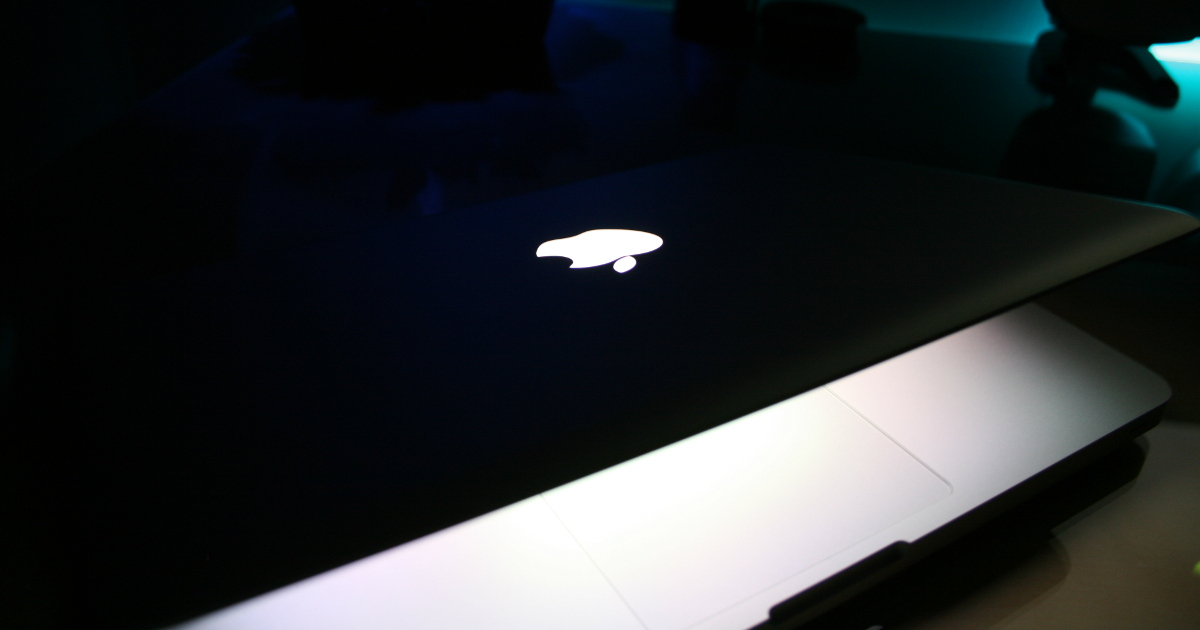This post is kind of from two years ago. I got thinking about it again last night when I was reading Wait But Why’s The Cook and the Chef, an article describing how Elon Musk does what he does, which is a lot. The author, Tim Urban, is using an analogy of chefs as those who actually do something original and cooks who just follow recipes. He remarks that most people think that most people are chefs and then some chefs are just better than others… but that a better model is that most people are cooks (some better than others) and then the main difference between most people and Elon Musk isn’t quantitative (“he’s smarter”) but rather qualitative (“he does things differently”).
It’s like a bunch of typewriters looking at a computer and saying, “Man, that is one talented typewriter.”
Imagine a laptop.
What can you use it for?
That laptop can be used as a paperweight.
It is, in fact, better than some objects (such as a pen) at being a paperweight.
But that’s probably a waste of the laptop.
What else can you use it for?
It can also be used as a nightlight.
It has quite a lot of comparative advantage at being a nightlight—most objects don’t emit light, so a laptop works pretty well there.
However, it’s still a huge waste.
And, if you’re a human, not a computer, it feels terrible to be wasted: to not be used for your full range of capabilities.

This analogy helped me make a lot of sense of why I was so stressed at my Twitter internship two years ago. I felt like I didn’t have a right to be stressed: I was getting paid a lot of money, and had a ton of perks at work, and it was a chill environment, where I could come in at 11am, and they had free food that was amazing…
…but then of course, we pull up the Maslow pyramid and recall that at the top is Self-Actualization. I may have had my physiological needs met, and safety, and belonging, and esteem, but… yeah.
My job was software development, which… I’m pretty good at, in the sense that a laptop is good at being a nightlight. Note that a laptop doesn’t actually make as good of a nightlight as a nightlight does: the laptop is bigger, heavier, and doesn’t turn its light on and off automatically based on the ambient light of the room. Similarly, as a person, I wasn’t really optimized for being a good developer. And yet, if there’s a shortage of nightlights, and you have access to a laptop…
So yeah, realizing this structure at play helped me make sense of my work situation. And even just having a model for why I was stressed helped take some of the pressure off.
At lunch one day fairly far along in my internship, I overheard one Twitter employee talking to the person they were sitting with—sounded like a friend of theirs who was looking for a coding job. They said, “Yeah, I mean, the really great thing about working at a big company like Twitter is that you really get to specialize, and really do the one thing you’re good at… whereas at a startup you’ll be wearing so many hats…”
I remember thinking that if someone had said that to me when I was thinking about where to work, I would have run away fast. I don’t have a one-thing-I’m-really-good-at, and I like it that way. I find if I wear one hat for too long (a few days even) my head starts to get itchy.
Fortunately, it was an internship, so I wasn’t stuck there by default for eternity. I tried to use the time to gain useful skills, in software development and in interacting with large organizations.
And this experience did teach me that I really didn’t want to work for a large company. Twitter was my ideal large company (and second best place to work according to GlassDoor) and it still totally wasn’t a good fit for me.
I started becoming sick of the idea of working for anyone in general. Not coincidentally, it was around that time that I started Complice, my 1-person company where I get to wear all of the hats—harnessing more than just my ability to shine light. Ultimately there are probably several hats I’ll be happy to hand off, but I’d much rather wear too many hats than only one or two.
The other thing I really like about Complice is there’s such a clear relationship between the value I create and the money I make. At Twitter that relationship looked like “…well we’ve got a bunch of cash from investments, and like… a bit from ad revenue? …and we think it’s worth spending a bunch of that money getting you to refactor this code from our old system to our new system…”
Whereas now, I communicated directly with customers, and I say, “I’ve got this to offer, and it costs this much.” And a growing number of them say, “Yes, that’s worth it. I’m glad to pay you for this service.”
In other words, I get to earn it. (That link points to an article by David Kadavy that touches on themes very similar to this article. It was also part of the inspiration for this thinking. And, while I’m giving credit to people, I think the laptop/nightlight analogy came from CFAR)
Constantly consciously expanding the boundaries of thoughtspace and actionspace. Creator of Intend, a system for improvisationally & creatively staying in touch with what's most important to you, and taking action towards it.
Have your say!